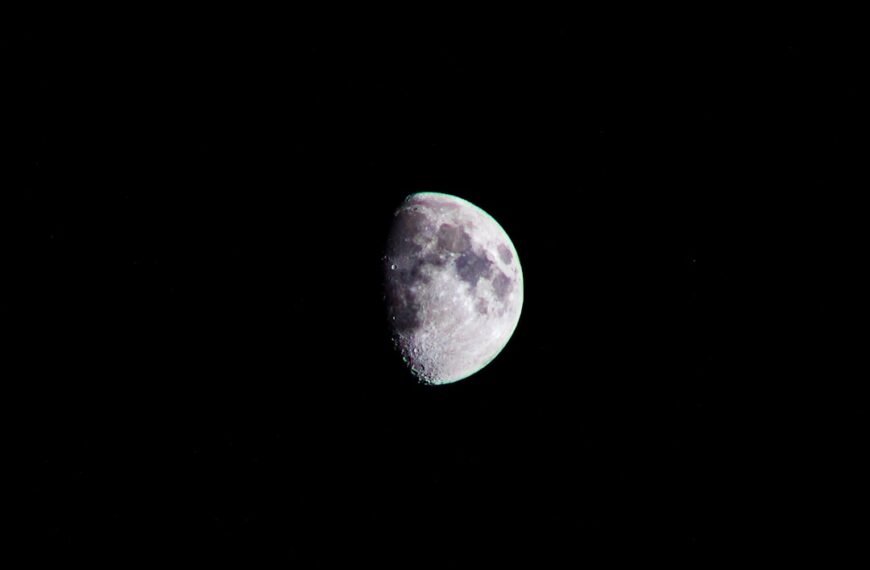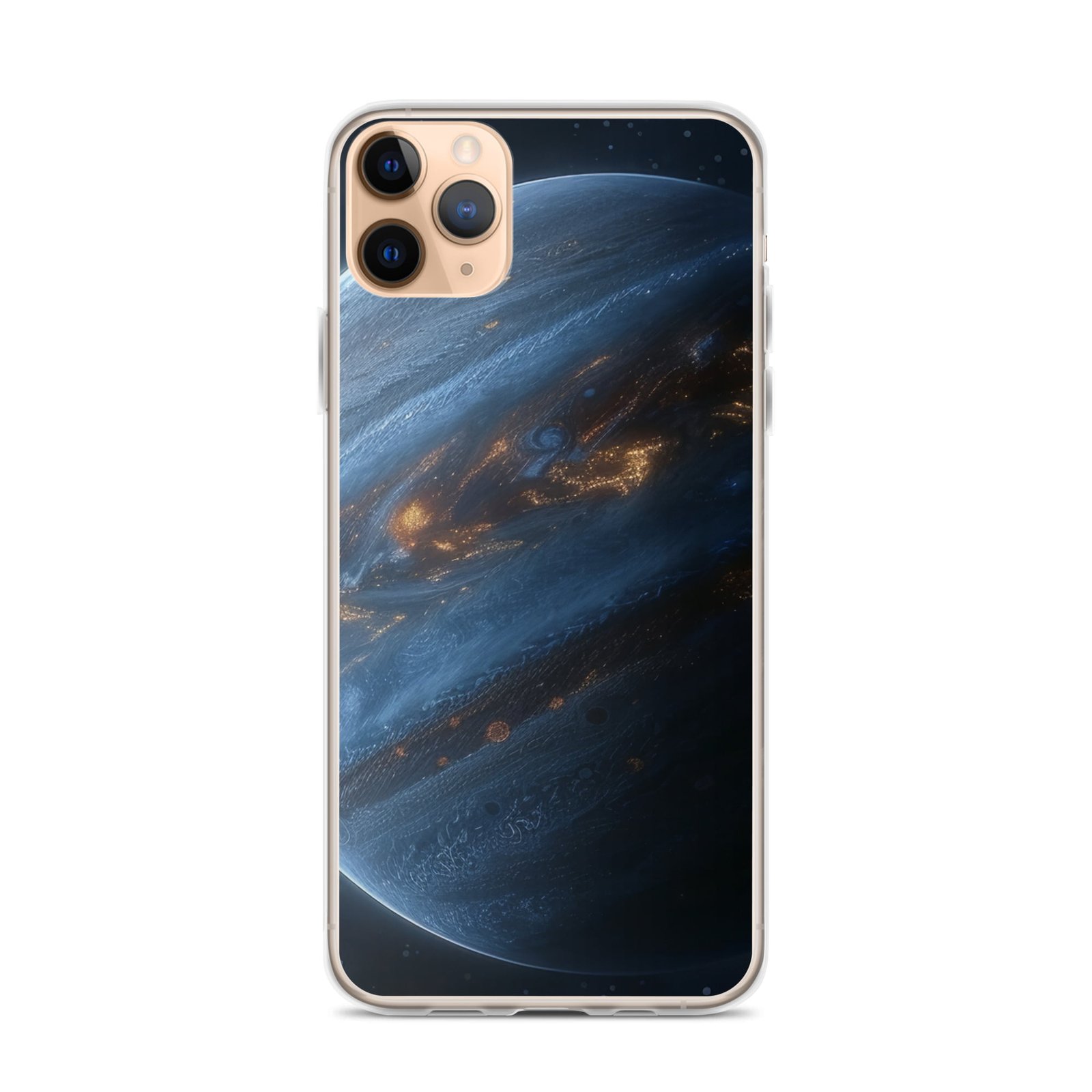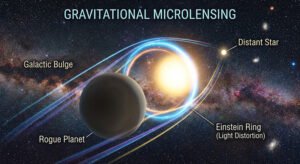Explore the mysteries of black holes, cosmic enigmas shaping our universe. Dive into their gravity and uncover their secrets. Discover more now!
Takeaways from the Article on Black Holes
- Intriguing Insight: Black holes, often depicted in science fiction, are not just cinematic wonders but complex phenomena with real-world implications that demand deeper exploration.
- Surprising Statistic: Imagine the entire Earth compressed into a sphere the size of a marble—that’s the kind of density found in black holes.
- Provocative Perspective: The theoretical concept of singularities challenges our current understanding, with new research suggesting black holes might actually be ‘gravastars,’ potentially filled with universe-expanding dark energy.
- Real-World Application: The study of black holes offers potential insights into quantum mechanics and general relativity, bringing us closer to a unified theory of everything.
- Core Message: Black holes are crucial to understanding our universe. They push the boundaries of human knowledge and continue to intrigue scientists and curious minds alike, holding secrets that may one day unravel the mysteries of our existence.
Black holes have always been a subject of fascination and intrigue. These invisible cosmic entities are often the centerpiece of countless science fiction tales and movies. But beyond their cinematic allure, black holes are complex and intriguing phenomena that beg for a deeper understanding.
Understanding Black Holes | The Basics

In essence, black holes are regions in space where gravity is so strong that nothing – not even light – can escape their pull. This intense gravitational force is the result of a massive amount of matter squeezed into a minuscule space. To get a sense of just how dense black holes are, imagine the entire Earth compressed into a sphere the size of a marble. That’s the kind of density we’re talking about!Black holes come in various sizes. Some, known as stellar black holes, are up to 20 times more massive than our Sun. Others, known as supermassive black holes, can be billions of times the mass of our Sun and are found at the center of most galaxies, including our own Milky Way.
The Enigmatic Heart of a Black Hole | The Singularity
At the heart of every black hole, according to Einstein’s theory of general relativity, lies a gravitational singularity. A singularity is a one-dimensional point containing immense mass in an infinitely small space. Here, density and gravity become infinite, and space-time curves infinitely. Essentially, all our known laws of physics cease to operate at this point.However, it’s crucial to note that the singularity concept is theoretical. It’s a topic of continuous research to clarify the nature and significance of such phenomena. Some scientists suggest that no real-world black holes contain true singularities. Instead, singularities are often viewed as the non-physical mathematical results of a flawed physical theory.New research even suggests that black holes might be a theoretical type of star called a ‘gravastar,’ filled with universe-expanding dark energy. If true, this would challenge our traditional understanding of black hole singularities.
The Cosmic Censorship Conjecture
The concept of black holes and singularities gets even more interesting with the cosmic censorship conjecture. This conjecture posits that nature somehow censors “naked” singularities, preventing them from being observed in our universe. This means that singularities could exist outside black holes and other universes.
The Role of Black Holes in our Universe
Black holes play a significant role in shaping our universe. They affect the formation of galaxies and influence the paths of everything around them due to their enormous gravitational pull. They’re also believed to emit Hawking radiation, a theoretical prediction made by physicist Stephen Hawking.Moreover, the study of black holes can potentially unlock many mysteries of quantum mechanics and general relativity, bringing us one step closer to the elusive theory of everything.
Wrap up

In the grand cosmic scheme, black holes are a pivotal piece of the puzzle. They challenge our understanding of the universe and push the boundaries of human knowledge. While their nature and characteristics continue to baffle scientists, black holes also captivate our collective curiosity, propelling us to explore the unknown depths of our universe.So next time you look up at the night sky, remember that there’s a whole lot more out there than meets the eye. Remember the black holes, those mysterious cosmic phenomena, silently shaping the universe in ways we are only beginning to understand. And who knows? Perhaps someday, the secrets they hold will unlock the mysteries of our existence.























